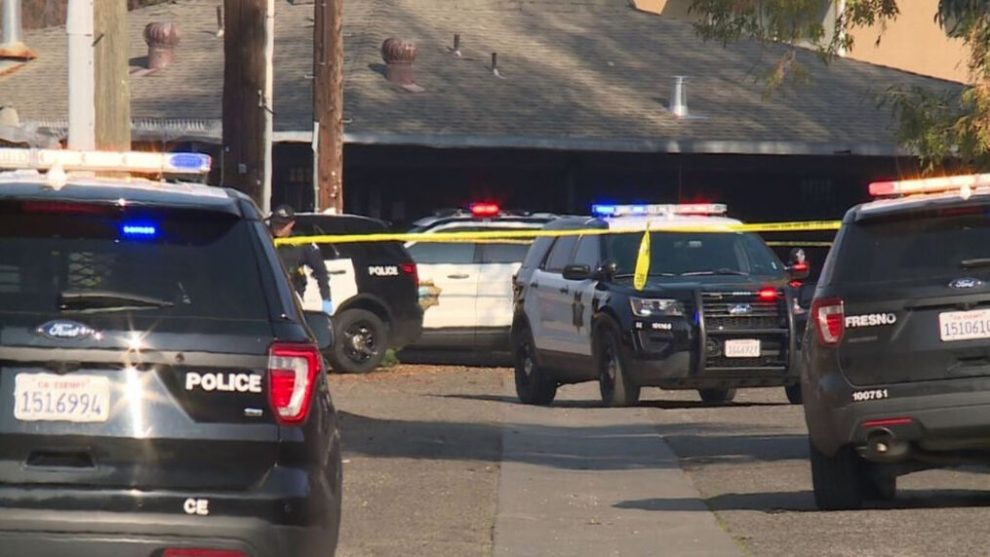Washington state lawmakers introduced a bill this month that would reduce penalties for drive-by shootings with the aim of “promoting racial equity.”
The bill, introduced by Democratic Representatives Tarra Simmons and David Hackney ahead of the state’s 2022 legislative session, would eliminate drive-by shootings as the basis for elevating a first-degree murder charge to aggravated murder in the first degree, which carries a mandatory sentence of life imprisonment.
Drive-by shootings were added to the list of aggravating factors for murder charges in 1995. Other aggravating factors include the murder of law enforcement officers, murders committed by inmates while they are behind bars, and murder-for-hire schemes.
The aggravating factor that the bill would eliminate reads: “The murder was committed during the course of or as a result of a shooting where the discharge of the firearm… is either from a motor vehicle or from the immediate area of a motor vehicle that was used to transport the shooter or the firearm.”
Rep. Simmons, who represents a district in western Washington, argued that “it’s clear that it was targeted at gangs that were predominantly young and Black.”
“I believe in a society that believes in the power of redemption,” she told Fox News Digital in a statement. “Murder is murder no matter where the bullet comes from but locking young people up and throwing away the key is not the answer.”
When drive-by shootings were added as an aggravating factor in 1995, the state was experiencing a surge in gang-related crime, according to a report from the Washington Association of Sheriffs and Police Chiefs.
In 1991, there were just three gang-related homicides, but there were 17 in 1992, 31 in 1993, 26 in 1994, and 13 in 1995.
The aggravating factor for drive-by shootings has only been used once since it was instituted in 1995, according to Simmons.
Kimonti Carter, who was part of a gang since he was 11 years old, played a role in a drive-by shooting in 1997 at the age of 18 that left college student Corey Pittman dead and two others wounded, the Seattle Times reports. Carter received 777 years in prison.
“If he had been standing outside of the vehicle at the time, he would’ve faced 240-320 months in prison. Instead, he was sentenced to life in prison with no opportunity for parole because of this law,” Simmons said. “This law’s history and application… is what we mean when we talk about systemic racism.”
The aggravating factor for drive-by shootings has only been used once since it was instituted in 1995, according to Simmons.
Kimonti Carter, who was part of a gang since he was 11 years old, played a role in a drive-by shooting in 1997 at the age of 18 that left college student Corey Pittman dead and two others wounded, the Seattle Times reports. Carter received 777 years in prison.
“If he had been standing outside of the vehicle at the time, he would’ve faced 240-320 months in prison. Instead, he was sentenced to life in prison with no opportunity for parole because of this law,” Simmons said. “This law’s history and application… is what we mean when we talk about systemic racism.”
Story cited here.
























